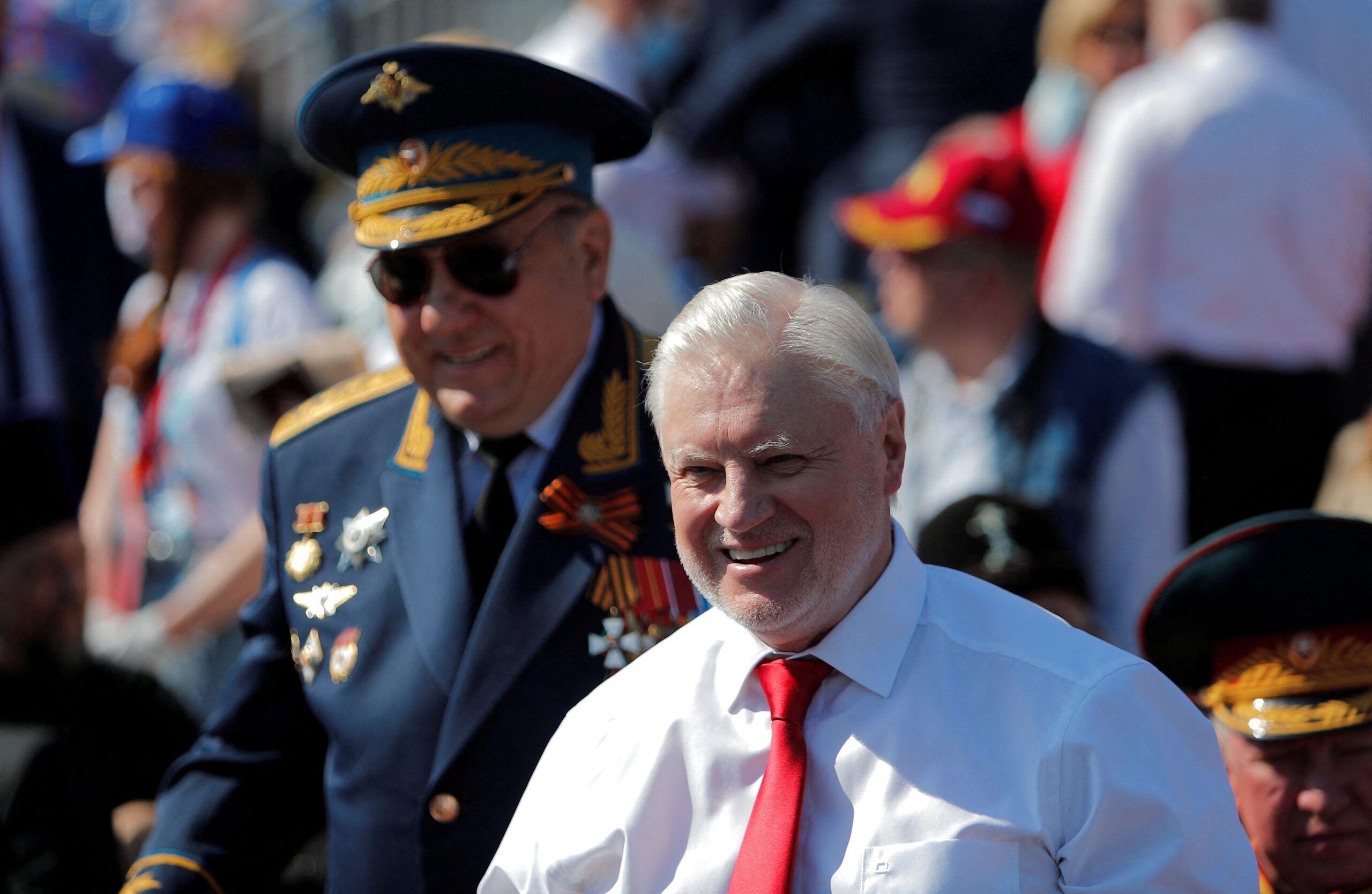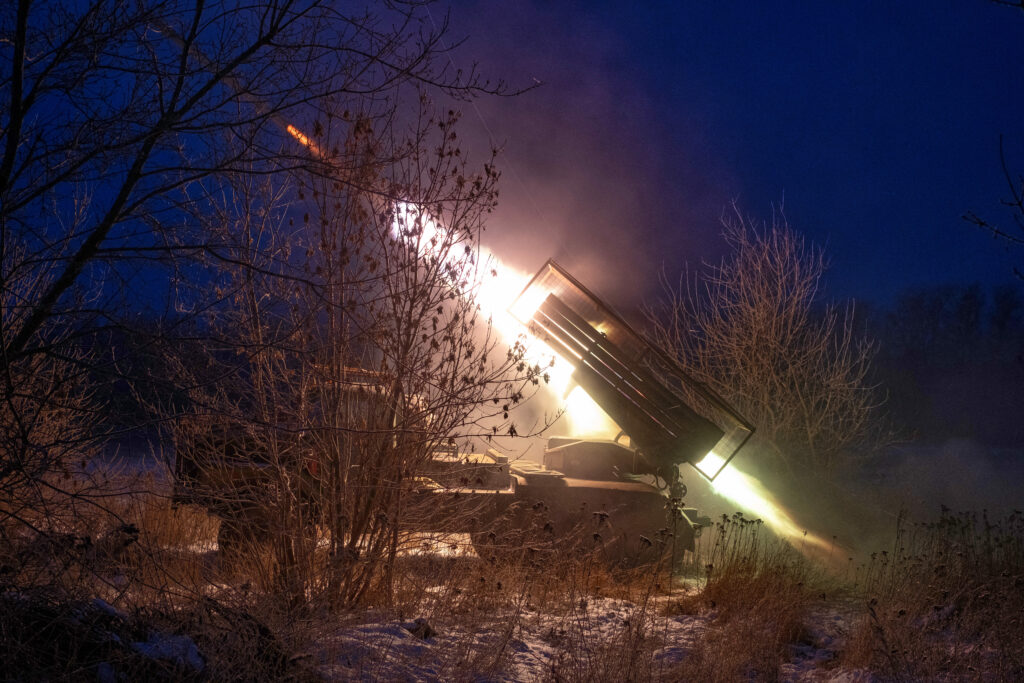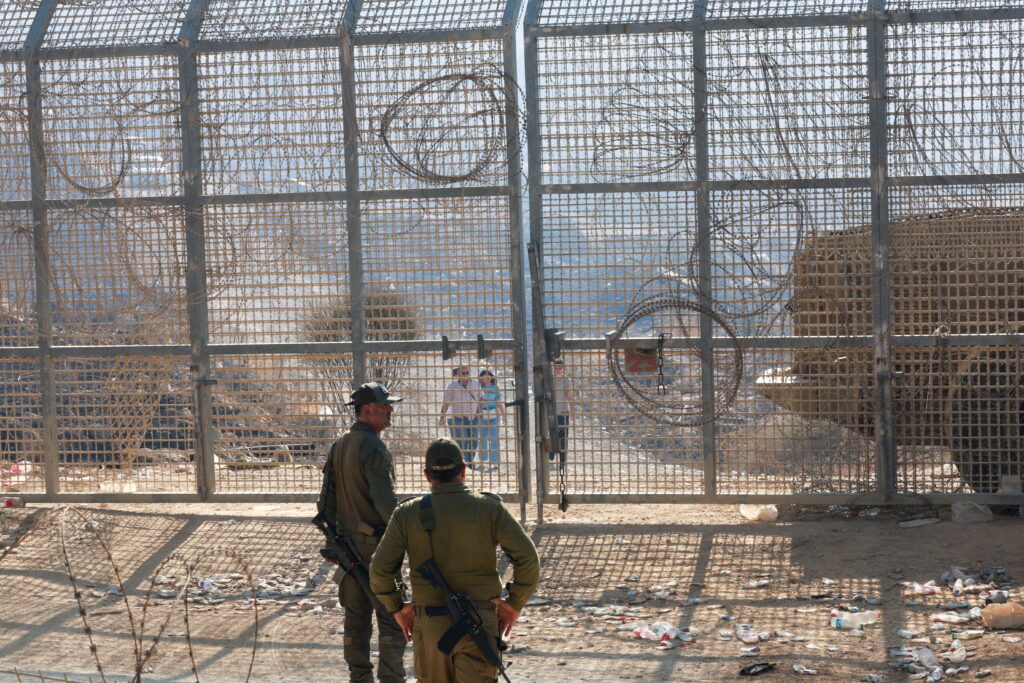Russia’s full-scale invasion of Ukraine offered many Russian politicians a chance to demonstrate their loyalty and try to receive a reward for it or simply an absolution for their past sins. However, a reverse trend is also noticeable.
Disagreement with the war in the political class can manifest itself in different ways and that is why it is not so conspicuous. Some simply step aside (although it is still quite a demonstrative gesture, as was the case with Anatoly Chubais, who left the country, or Alexei Kudrin, who left public service for a job in the private sector), and some decide to make quite loud statements out of it.
«War Parties» are Losing People
On April 5 a scandal rocked «A Just Russia» party: the party’s entire faction in the St. Petersburg Legislative Assembly quit the party over disagreement with the excessively «militant» position espoused by the party’s leader Sergey Mironov. Recently, Mironov has been actively pandering to Yevgeny Prigozhin: he received a sledge-hammer from him as a present and posed with it for photographs; he addressed Prigpzhin with an informal «Zhenya» and joined his attacks against St. Petersburg city officials. Earlier, the leader of «A Just Russia» actively cooperated with Zakhar Prilepin, one of the most notorious warmongers, and even helped him get elected to the State Duma.
All of this is very much at odds with the image of a modern social-democratic party which the leadership has been fostering in recent years. There was a time when the JR faction in the Duma included such [anti-Kremlin] politicians as Ilya Ponomarev and Dmitri Gudkov, and Mironov himself donned a white ribbon so as to demonstrate his support for the demands of protesters on Bolotnaya Square.
The demarche of the former St. Petersburg Social Democrats is likely to reverberate throughout all of Northwestern Russia. Marina Shishkina, the former head of the party’s St. Petersburg chapter, was well respected by her fellow party members in the neighboring regions. To a large extent, she served as a reference point to the socialist-democrats of Karelia. Incidentally, Karelia, too, has had its own prior story of an «escape»: the former deputy head of the regional branch of the Karelian Legislative Assembly Zhanna Androsova, whom they had referred to as the «right hand» of the leader of the ruling party in power, emigrated to Germany last year.
On April 27, Oleg Shein, one of the most prominent representatives of the Astrakhan regional branch of «A Just Russia», resigned from his post. He wrote that he «values peace, believes military conflicts are inacceptable and internationalism and international solidarity of the working class are highly important.» «To me, the need for political freedoms for the effective protection of social rights is not negotiable», Shein argued.
On April 25th, Sergei Zakharov, a member of the Perm City Duma representing the «United Russia» party, resigned from his term in the office. He posted on his social networks that he grew up with pacificist peace-loving slogans [which are now increasingly at odds with Russia’s policies.] Rumor had it that by the time he posted on his social media account he had been out of Russia for quite some time. A few days earlier, members of the «United Russia» fraction in Togliatti city council, Samara oblast’, proposed to expel one of their colleagues, the richest MP [in the region] Andrei Ivanov. He had been skipping council sessions for half a year and most probably had also left the country.
There are losses in the Communist Party, as well. In the fall of 2022, Viktor Kamenshchikov, a Communist Party MP from Vladivostok city Duma crossed the US-Mexico border illegally and was granted political asylum in the U.S.
It is likely that there are many more such «quiet fugitives» among the MPs and public officials. It is dangerous to declare one’s position publicly before one has left the country and settled in a new place. Political opponents of the regime are currently facing an ever-increasing pressure.
It is not only the followers of Navalny and the liberals who find themselves in the eye of the storm, like Vladimir Kara-Murza, recently sentenced to 25 years in prison, or Sergei Mikhailov, an ex-MP of the Altai Republic State Assembly and publisher of the Listok newspaper who was arrested for «speading fakes about the Russian military (Part 2, Article 207.3 of the Criminal Code) and is currently languishing in pre-trial detention facilities. Communists are facing comparable pressure. For example, Igor Grinev, a Communist MP in the Krasnoyarsk city council, was recently taken to court for allegedly discrediting Russian army. Similar charges were pressed against communists in Lipetsk and Samara regions. In Komi, law enforcement officers searched the Communist Party office after a woman claimed that Ilya Boloban, member of the Republican Party Committee, had attacked her and took her mobile phone. Boloban was arrested. In Primorskiy krai the absurd criminal case on sexual abuse of a minor initiated against leader of Vladivostok communists Artem Samsonov continues; and in Yakutia Sergey Nikonov, member of the Republican parliament representing the Communist Party, was detained in mid-March and charged with attacking a woman.
Fleeing voters
The parliamentary opposition is now also facing another problem: due to its active support of the war, the electorate is increasingly withdrawing its support. Thus, according to the Federal Public Opinion Research Center, since April 2022 the Communist Party’s electoral rating has exceeded 10% only once, while in October 2021, immediately after the Duma elections, it was almost twice as high at 18% (and in reality it is likely have been even higher, about 28−29%).
First and foremost, the communists are losing support of those that can be loosely defined as «general protest electorate» — i.e. of those who only voted for the Communist Party because it represented the strongest alternative to «United Russia» in the first place. But the results of the other parties’ polls indicate that another problem for them lies elsewhere: according to the Federal Public Opinion Research Center, current approval rating of the Liberal-Democratic Party does not exceed 10% either, while «A Just Russia» and the «New People» party barely get 5% of the vote. This is largely due to the fact that the foreign-policy militarist agenda, which has always played into the hands of the authorities, has become dominant in Russian society.
Thus two simultaneous processes are taking place. Firstly, politicians who oppose the war are facing serious political pressure and sometimes prosecution on the part of the security agencies/siloviki. Moreover, voters who oppose Russian invasion in Ukraine are denying support to parties that have endorsed the war at the federal level, and this happens with regional branches as well, although they may hold a different viewpoint.
As a result, political representation of a significant portion of society that does not support the war is shrinking, and it was not that significant to begin with. With no legal political instruments available to them, these people are now understandably frustrated, but this state of affairs is unlikely to continue indefinitely. At some point, it could lead to a social explosion, especially if the still loyal part of society shifts its attention from the foreign policy agenda to the domestic political agenda, which looks increasingly grim. In this sense, paradoxically, Russia’s withdrawal from the war (by whatever means) may carry greater risks for the authorities than the continuation of the war.









